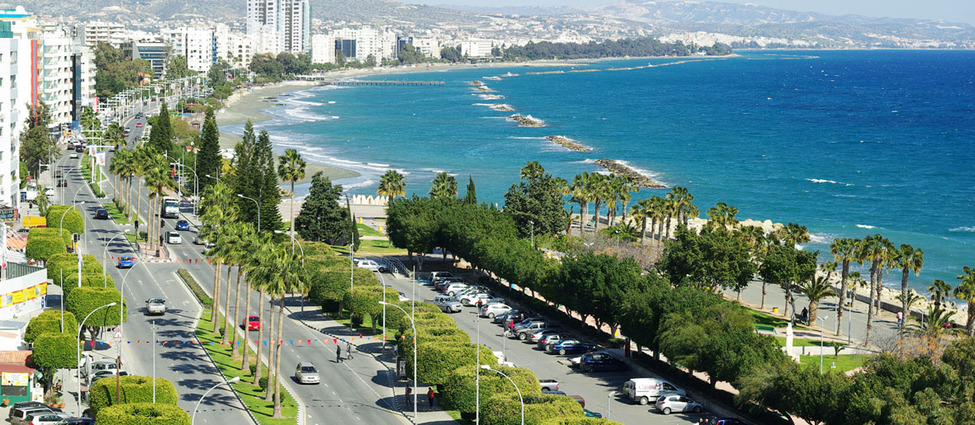

News
Cyprus expects to produce natural gas by 2026
Cyprus could start producing its first natural gas as soon as 2026, and plans to participate in a high-powered electricity cable project linking the eastern Mediterranean to continental Europe, its energy minister told Reuters.
Gas production, and a hook-up to power markets overseas, could be a game changer for the island and other countries in southern Europe keen to wean themselves off Russian supplies that were disrupted after Russia’s invasion of Ukraine.
Cyprus reported its first offshore gas discovery in 2011, but it is one of the newer discoveries in 2022 – by a partnership of Italy’s Eni and France’s TotalEnergies – which is likely to be developed first, Commerce, Industry and Energy Minister George Papanastasiou told Reuters.
“Our expectation, subject to the development and production plan that Eni will propose shortly, is 2026, or early 2027,” Papanastasiou said in an interview.
Eni did not immediately respond to an email seeking comment.
The project, known as Cronos, has an estimated 2.5 trillion cubic feet (tcf) of gas. When it comes online, that gas will likely be delivered to Eni’s Zohr facilities in Egypt, about 70 kilometres (43 miles) away.
“We have a discovery there that can be developed pretty quickly,” Papanastasiou, a near 40 year veteran of the energy industry, said.
Since 2007, Cyprus has issued exploration licences for most of the 13 offshore exploration blocks around the south of the island. It has found natural gas in five wells at three blocks holding an estimated 17-18 tcf – more than the annual consumption of Europe.
Energy companies have expressed interest in tapping “one or two” unlicensed blocks and discussions are underway, Papanastasiou said.
A licensing round for the new blocks may not be necessary if there are good justifications, such as being in a geologically similar, contiguous area, he said.
Electricity prices in Cyprus can be triple those of its neighbours. To bring them down, the cabinet has decided in principle to join an EU-financed project, linking power grids from Israel to Europe.
The 1.9 billion euro ($2 billion) Great Sea Interconnector will be able to carry up to 2,000 megawatts and has garnered interest from funds in Israel, the United Arab Emirates and the Development Finance Corporation, a U.S. government finance institution.
“There is quite some interest, which is exactly what is needed for this very geo-strategic project,” Papanastasiou said.
Other potential gas discoveries include Aphrodite, which holds an estimated 3.5 tcf.
Development of that field was held up after a consortium led by Chevron submitted a modified plan last year which Cyprus said went back on a 2019 agreement to include a floating production unit.
Authorities expect a so-called optimisation plan from the companies by the end of March.
“We have made it absolutely clear that we do not want to depart from the basics of the 2019 agreement, which is a floating production unit,” Papanastasiou said.